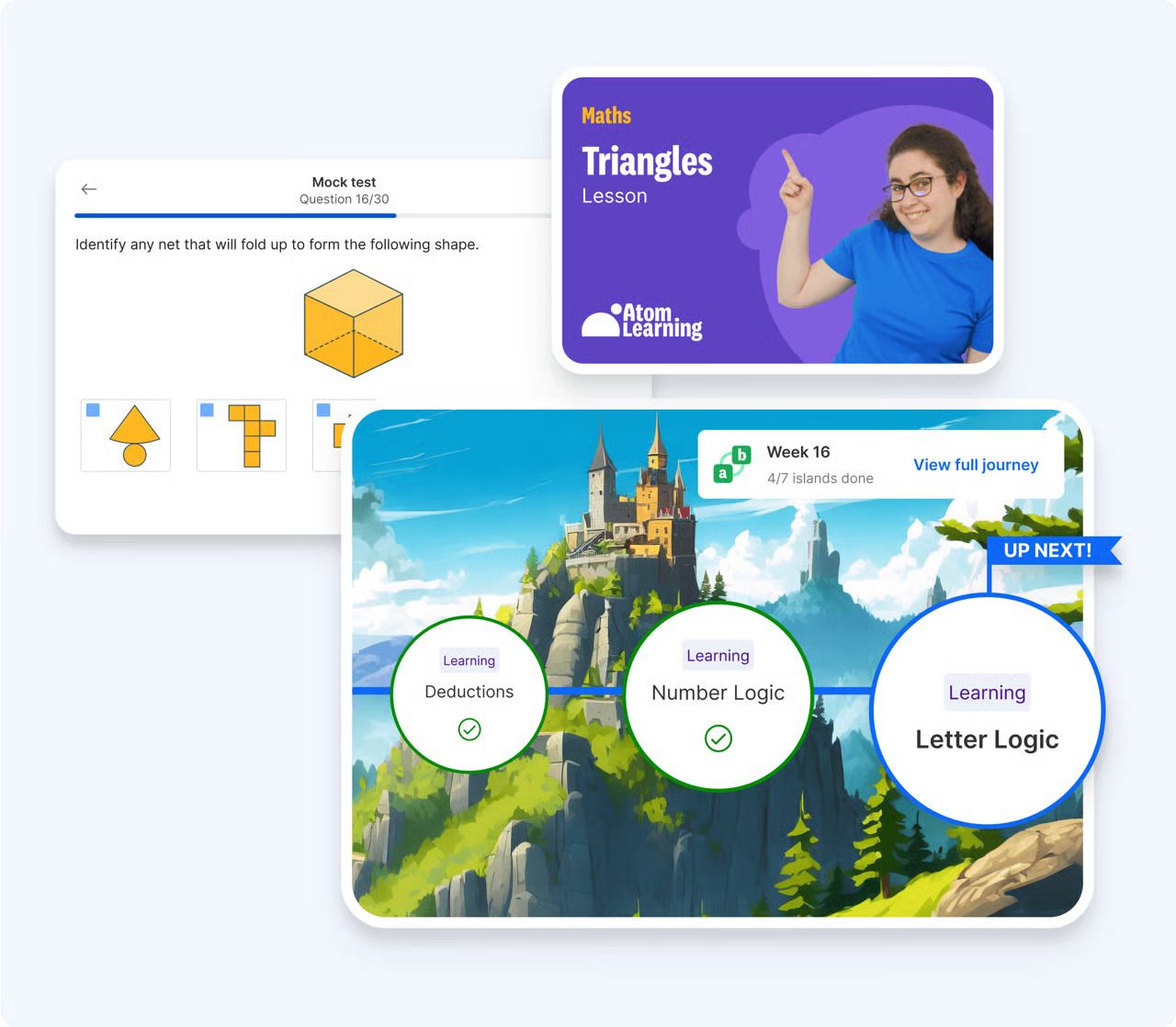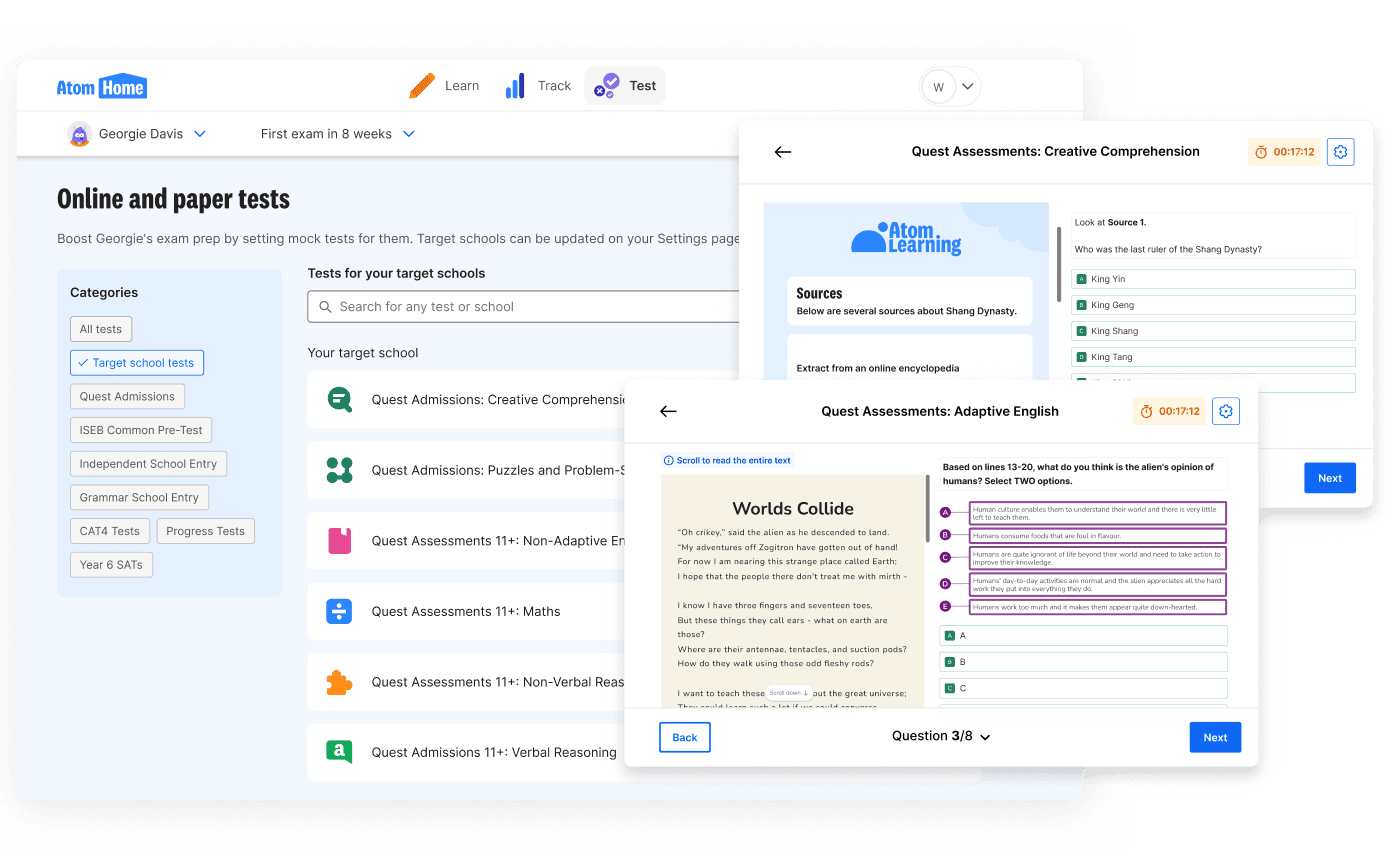Considering Chigwell School for your child? We’ve collated everything you need to know about 11+ entry. Learn more about the school’s key details, what’s on the entrance exam, and how to help your child prepare for success.
About Chigwell School
Chigwell School is a private school for boys and girls aged 4 to 18 in northeast London, founded in 1629. It consists of a pre-prep (ages 4–7), prep (ages 7–11), senior school (ages 11–16) and sixth form (ages 16–18). The school sits on a 100-acre Green Belt side, surrounded by Epping Forest and with views of the London skyline. Sixth form students have the option to board on-site.
Students at Chigwell School are encouraged to develop a lifelong love of learning. Enrichment opportunities exist both inside and outside the classroom. There is a vast co-curricular programme, many educational trips, and frequent visiting speakers. Many students take on positions of responsibility to develop confidence and leadership skills. Most students leave Chigwell School to pursue higher education at Russell Group universities.
Key information for Chigwell School
- Address: High Road, Chigwell, Essex, IG7 6QF
- Admissions contact: [email protected]
- Type of school: Independent day (boarding available in sixth form)
- County: Essex
- Age range and gender: Boys and girls, aged 4-18
- Number of pupils: 1,200+
- National league table rank: Take a look at our blog, The top private schools in the UK
- A level/GCSE results: Find more on results here or visit the school website
- Type of entrance exam: Quest Admissions
Dates for your diary for 11+ admissions
- Open days: Open days are held in September and working day tours can be booked via email.
- Registration window: Registration closes in November in Year 6.
- Selection process: Assessment exams are held in January.
For more information, head to the school website.
What's included on Quest 11+ entry exams?
Quest 11+ admissions tests are designed to explore how your child thinks - not just what they know.
Taken online, Quest tests consist of adaptive questions that get more or less challenging depending on how your child is performing and non-adaptive questions. The test is completed under timed conditions and will consist of 2 parts, with each school choosing how to set their test.
- Part 1 tests some or all of the following subjects: English, Maths, Verbal reasoning, Non-verbal reasoning
- Part 2 consists of puzzles and problem-solving and creative comprehension.
- Some schools may incorporate other tests or stages in their admissions process, such as written English and maths papers, a creative writing task, and/or an interview. Check your target school’s website for more.









